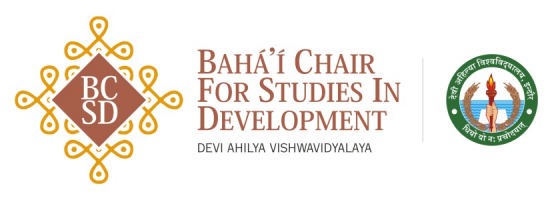
Webinar on ‘Building a More Caring World: Implications for the family’
January 24, 2024
Lecture on ‘India Moving: Migration and Values’
January 24, 202426 JULY 2023
Today, as we hurtle towards imminent planetary destruction in the age of the Anthropocene, we believe it may be instructive to try and understand if the ancient science of spirituality can prove useful in humankind’s ability to change course, even at this late hour. We argue that such a paradigm shift is critically essential for human survival and that without the inner transformation proposed by this science, it may prove impossible to build a society based on the principles of liberty, equality and fraternity. This lecture draws from foundational texts and authoritative sources across multiple religious traditions, based upon which it outlines a brief sketch of the ancient science of spirituality. It begins with an account of the differentia specifica of this science, where it delves into what kind of science this is. Since it is centrally concerned with inner transformation, it briefly outlines the theory of change embedded in
this science and the kind of rejuvenation it enables, which makes it possible for us to clearly perceive the key elements and the structure of reality. It then spells out the impact this has on the nature of human action, continually teasing out implications for policy and practice in our time and provides a few concrete illustrations of the same.
Click here for the background note.
Event Highlights Photo

https://www.youtube.com/watch?v=9vONZyt4gco
About the speaker:
Prof. Mihir Shah is Distinguished Professor at Shiv Nadar University. He is one of India’s leading scholars, activists and policymakers on water management and rural livelihoods. From 2009 to 2014, he was Member, Water Resources, Planning Commission, Government of India and was chiefly responsible for drafting the paradigm shift in the management of water resources enunciated in the 12th Five Year Plan. From 2019 to 2021, he chaired the Government of India’s Committee to draft the new National Water Policy.
In 1990, he co-founded Samaj Pragati Sahayog, which is today one of the largest grass-roots initiatives for water and livelihood security, working with its partners on a million acres of land across 72 of India’s most backward districts. Prof. Shah has spent nearly three decades living and working in central tribal India, forging a new paradigm of inclusive and
sustainable development.

